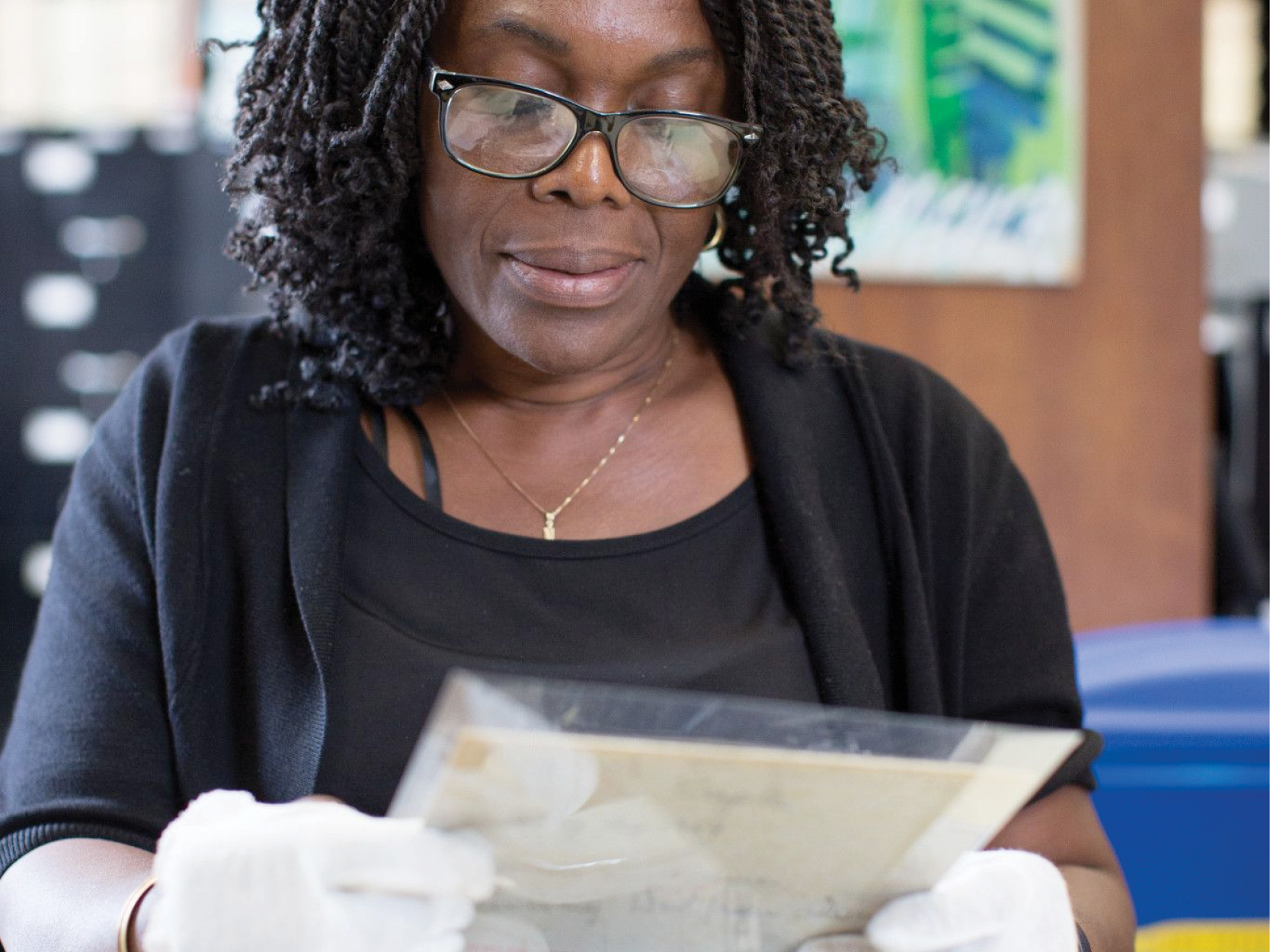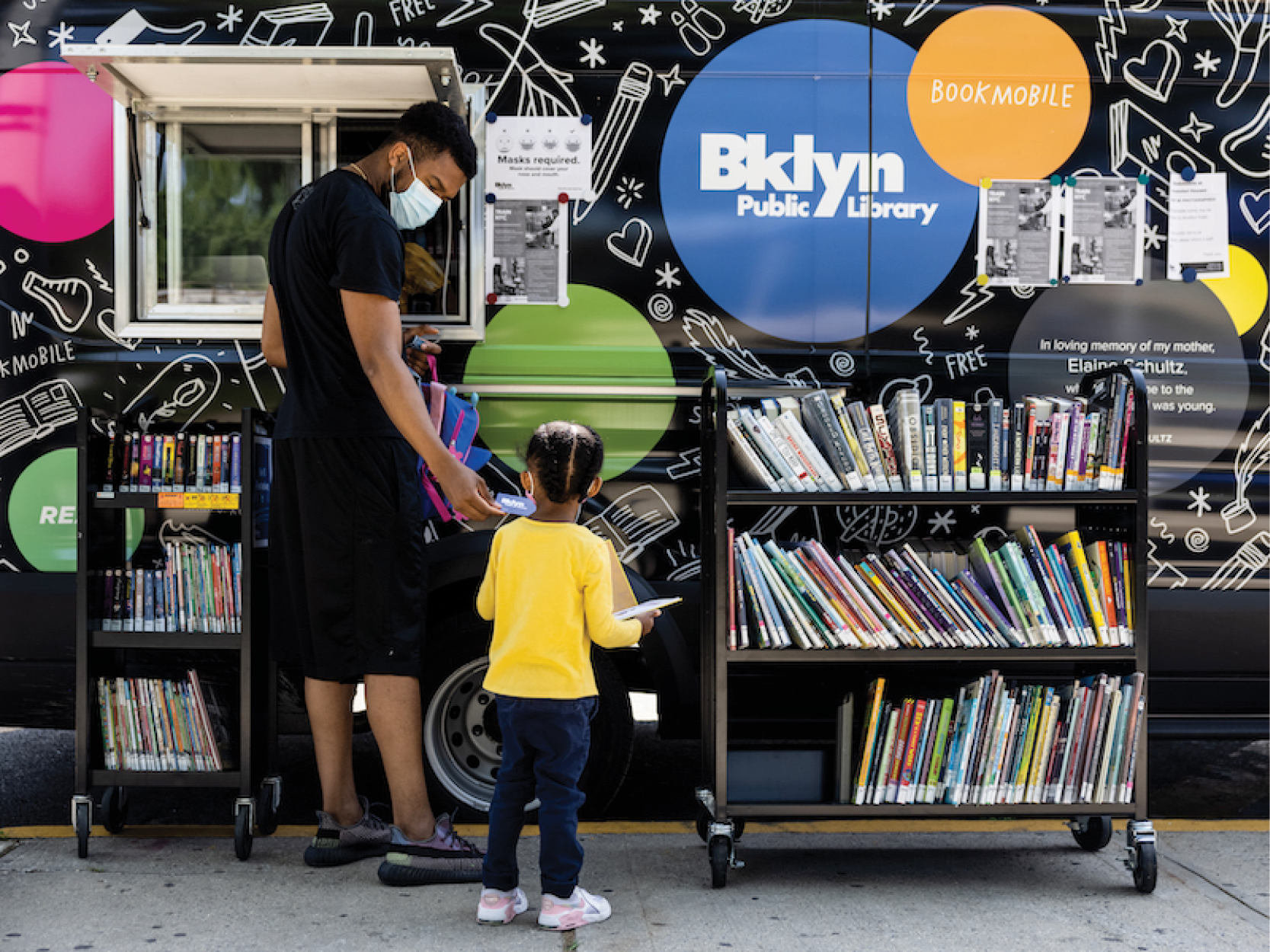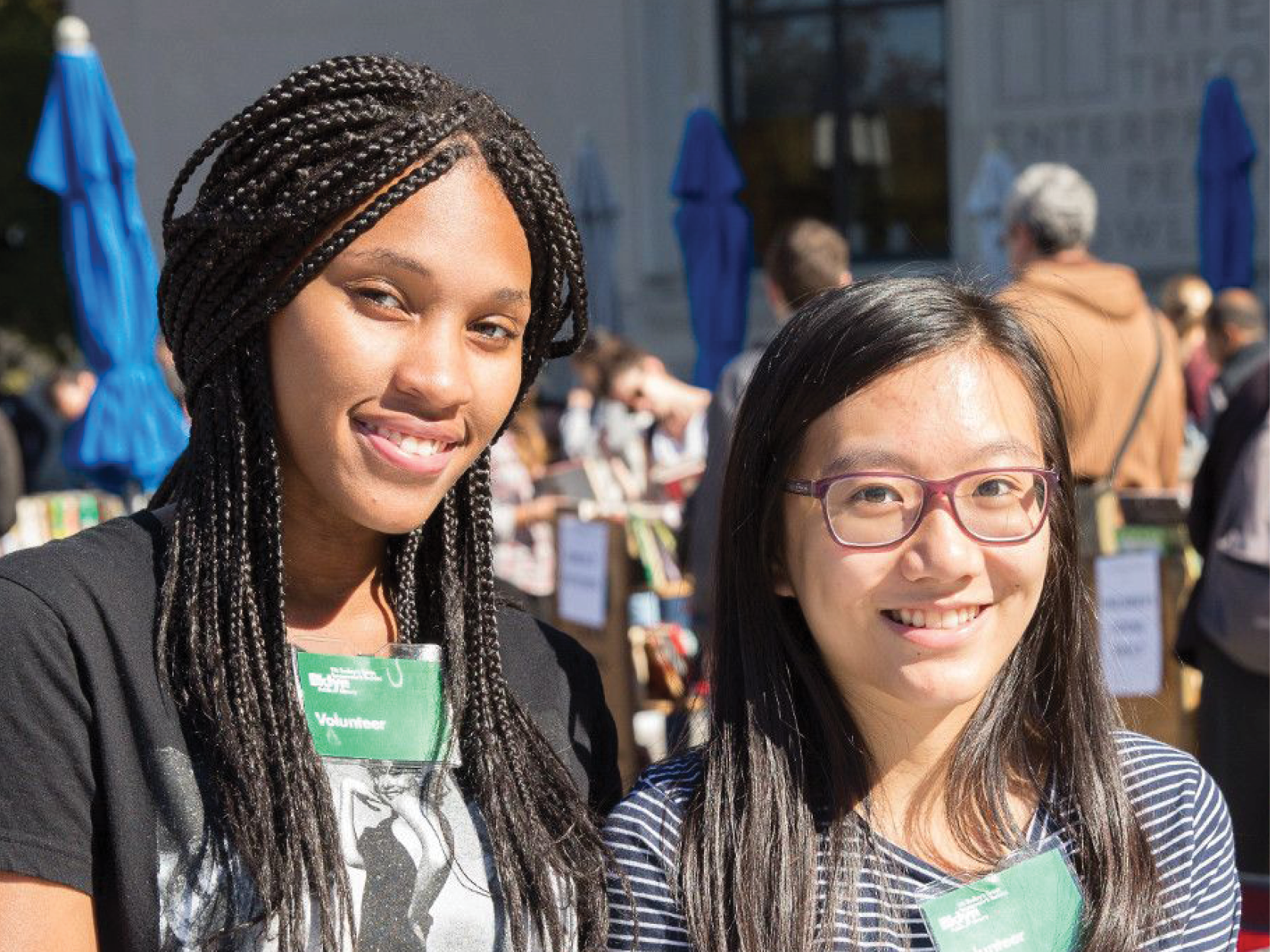July 4th came and went quickly. Some of us celebrated it as a day off from work. Some of us had to work for half-or-full-days and hoped to get some of the cookout leftovers after our shifts. Some of us were invited to parties and spent quality or people-pleasing/keeping the peace time with family and friends. Some of us went to shopping malls and outlets to take advantage of the Fourth of July sales. Some of us went to Coney Island to root for the contestants in the annual Nathan’s Hot Dog Eating Contest. Some of us enjoyed the festive fireworks, beaches or even went to the movies. Some of us even took trains and buses to attend President Donald Trump’s Fourth of July Parade in Washington, D.C., which was rained out and canceled!
While we took advantage of all of the above, many of us may not have thought about the Fourth of July’s historical legacies and how freedom did not come to everyone in 1776. The Founding Fathers and authors of the Declaration of Independence did not extend the same unalienable rights of life, liberty, and the pursuit of happiness to enslaved Black people and women.
Thomas Jefferson, the principal author of the Declaration of Independence, was a slaveowner on his plantation of Monticello in Virginia and had a sexual relationship with Sally Hemings, an enslaved Black woman who was both his sister-in-law and the mother of their seven children. Many of his White descendants, biographers, and scholars still deny this, although DNA had confirmed in 1998 that he was the father of Eston Hemings Jefferson. Eston and his Biracial Black/Jewish wife, Julia Isaacs Jefferson, passed into White society. Some of their descendants live in Staten Island, New York like Julia Jefferson Westerinen. Madison's descendants live and strive in the Black community.
Fawn Brodie was the first biographer to write about Sally Hemings and take into consideration Thomas Jefferson's hypocrisy as the author of the Declaration of Independence and slaveowner in her book Thomas Jefferson: An Intimate History.
Barbara Chase-Riboud fictionalized the Thomas Jefferson and Sally Hemings story in her 1979 title, Sally Hemings: A Novel.
Jefferson's Children: The Story of One American Family by Shannon Lanier and Jane Feldman is written by a number of Jefferson’s family. Lanier is a descendant of Thomas Jefferson and Sally Hemings. Lucian K. Truscott IV, author of the introduction, is a direct White descendant of Thomas Jefferson. 
Law professor and historian Annette Gordon-Reed argues the case for the Thomas Jefferson and Sally Hemings relationship in her title, Thomas Jefferson and Sally Hemings: An American Controversy.
The Hemingses of Monticello: An American Family by Annette Gordon-Reed is the first volume of a two-volume history on the Hemings family, a slave family owned by John Wayles, Martha Wayles Jefferson, and Thomas Jefferson on the Monticello plantation in Virginia.
American Sphinx: The Character of Thomas Jefferson by Joseph J. Ellis presents Thomas Jefferson as a flawed individual who authored the Declaration of Independence and owned enslaved Black people on his plantation of Monticello.
Jefferson's Sons: A Founding Father's Secret Children by Kimberly Brubaker Bradley is a YA novel fictionalizing the lives of Beverley and Madison Hemings, the sons of Thomas Jefferson and Sally Hemings.
"Negro President": Thomas Jefferson and the Slave Power by Garry Wills focuses on President Thomas Jefferson’s views on slavery.
Monticello: A Daughter and Her Father -- A Novel by Sally Cabot Gunning is a fictionalized account of the tenuous relationship between Thomas Jefferson and his daughter, Martha.
Thomas Jefferson wrote racist pseudo-scientific theories about Black people as less than human and more animalistic in his Notes on the State of Virginia.
Frederick Douglass: Prophet of Freedom by David W. Blight is a comprehensive biography of fugitive slave, abolitionist, orator, politician, statesman, and ambassador Frederick Douglass. Frederick Douglass made it clear of America's hypocrisy in his famous speech "What to the Slave is the Fourth of July?" at the Rochester Ladies Anti-Slavery Society in Rochester, New York on July 5, 1852.
"as a people, Americans are
Post a Comment
While BPL encourages an open forum, posts and comments are moderated by library staff. BPL reserves the right, within its sole discretion, not to post and to remove submissions or comments that are unlawful or violate this policy. While comments will not be edited by BPL personnel, a comment may be deleted if it violates our comment policy.
eNews Signup
Get the latest updates from BPL and be the first to know about new programs, author talks, exciting events and opportunities to support your local library.






